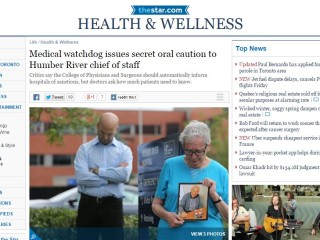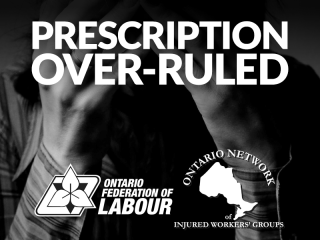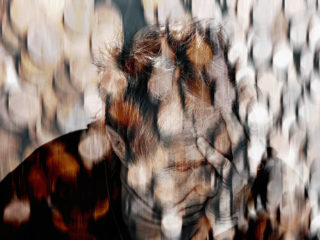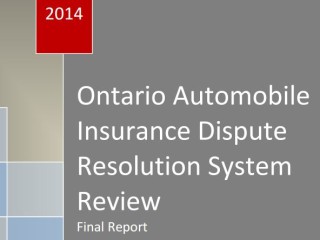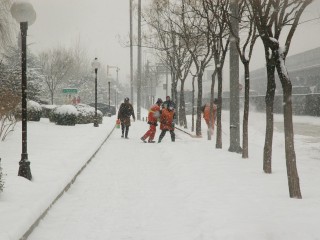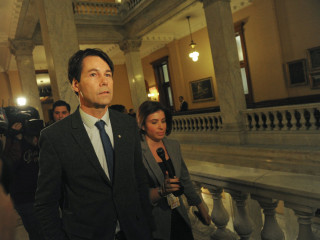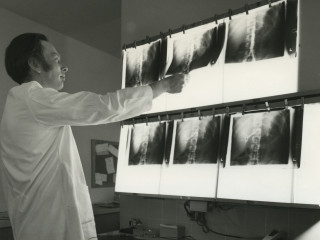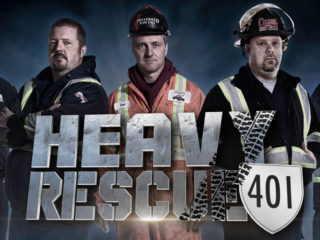Where an expert has retained separate legal counsel to assist with the preparation of a report or affidavit, the expert will not be required to produce drafts or copies of communications between the expert and his or her counsel. However, the expert will be required to produce drafts and correspondence if there is a factual basis for the reasonable suspicion that counsel has improperly influenced the expert.
Released November 2, 2016 | Full Decision [CanLII]
In a market securities class action, defence counsel retained an expert to provide an opinion on the defendants’ duty to disclose information to the investing public. The expert, Peter Gillin, retained his own counsel, Skylaw P.C., to conduct legal research into the issue. Mr. Gillin reviewed the information provided by SkyLaw. SkyLaw then drafted an affidavit and revised it with comments from Mr. Gillin and defence counsel. During cross-examination, defence counsel refused to have Mr. Gillin produce drafts of the affidavit, correspondence between him and Skylaw, and the invoice from SkyLaw. Mr. Gillin testified that the substance of the opinion was his, but the drafting was done by SkyLaw.
In what Justice Perell described as a “bombastically hyperbolic submission”, the plaintiffs argued that counsel inappropriately interfered with Mr. Gillin’s overriding duty to the court as an objective, non-partisan expert. Justice Perell held:
The fact that Mr. Gillen [sic] was assisted by his own lawyers, whose only duties are only to him, cannot be connected to any partiality or want of independence by Mr. Gillen in giving an opinion for the Defendants, which would be grounds for disqualification. Mr. Gillen is the substantive author of the opinion, and he disclosed in the affidavit that he had caused a search to be done indicating the involvement of others, whom he readily identified when asked during his cross-examination. It is hardly surprising that an expert has assistance in preparing and drafting his or her opinion, and it is simply not correct to say that the assistant then becomes the author of the opinion because he or she was involved in the draftsmanship. Affidavits for litigation are almost inevitably drafted by lawyers, and then the witness, be it a lay witness or an expert, swears the truth of the substantive contents drafted by the lawyer. The commissioner of the affidavit asks the deponent whether the contents of affidavit are true. In the immediate case, Mr. Gillen swore under oath and under cross-examination that he was the author of the substance of the opinion. There is no reason to doubt his word just because his own lawyer’s helped him in forming his words. (para 21)
Justice Perell held that the defendants had properly refused to produce the drafts of the affidavit, correspondence and invoice from SkyLaw, as they were covered by litigation privilege. Unless there is a “factual foundation to support reasonable suspicion that counsel improperly influenced the expert”, the expert will not be required to produce drafts and correspondence with the expert’s separate legal counsel.
Read the full decision on CanLII